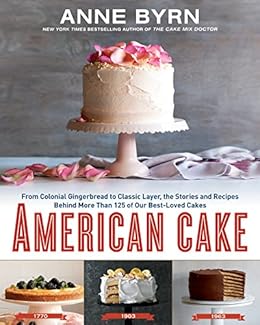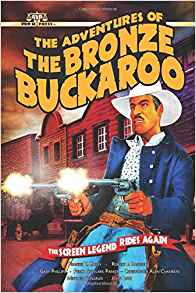Happy Holidays, everyone. I hope your Christmas/Chanukah/Kwanza was wonderful, and allow me to wish you a wonderful New Year's Day and a happy and prosperous and non-scary 2019.
I'm envisioning you all sitting around in a post-holiday stupor, full of good eats and good cheer, reading good books and watching good movies. For the past couple of weeks, we've had a bit of a theme going on here at Type M 4 Murder, in which a few of us have speculated on who we would cast to play the characters in our novels when (not "if") they are made into movies.
My sleuth, Alafair Tucker, is a woman in her early forties, who lives with her husband Shaw and their ten children on a prosperous farm in Oklahoma in the early part of the Twentieth Century. She never sets out to solve murders, but all those pesky kids keep getting involved in unsavory situations and need their mother to get them out of trouble. Fortunately for me, Alafair is the kind of woman who will literally do anything, legal or not so legal, for her kids.
I made a point of not physically describing my main character, Alafair, except in generalities, even though I have a clear picture of her in my head. After ten books, a few details about her appearance have slipped out. She has dark hair that she can’t do anything with. She has dark eyes and a sun-browned complexion. She’s middle-ages and middle-sized. I didn’t create Alafair or any of the other characters with actors in mind. Alafair and her family are all based on friends or relatives of mine, living and dead.
But that doesn’t keep readers from casting my movie for me.
One fan of the series suggested to me that Alafair should be played by Kathy Bates. Not two weeks later, another woman thought Joan Allen would be a good Alafair. That certainly runs the gamut of physical types. I’d be thrilled to have either of these actresses play Alafair. However, not to put too fine a point on it, they’re both too old. Sandra Bullock is closer to Alafair’s age, though considering that Alafair is a farm wife with many kids, Sandy would have to be deglamorized quite a bit. Of course, if Meryl Streep would agree to the part, that would suit me just fine, no matter how old she is.
Alafair’s husband, Shaw, is one-quarter Cherokee, six feet tall, hazel eyed, with black hair and a floppy mustache. Sounds just like either Burt Reynolds or Tom Selleck in his prime. However, Shaw has a certain straightforward, honest, Western sensibility that reminds me of parts I have seen played by Matt Damon or Matthew McConnaughey. Two blonds who’d need a dye job to portray Shaw, but they’re about the right age. If George Clooney is looking to expand his repertoire, I’d be willing to give him a shot at it. Besides, it would give me a great excuse to visit the set every day.
Alafair and Shaw have two sons, Gee Dub and Charlie, and eight daughters.* Lots of good work for younger actors.
The problem with casting the offspring is that I’m not up on today’s crop of young actors. I’m sure the perfect tall, lanky young man with a mop of dark curls is out there to tackle the role of Gee Dub, but I don’t know who he is. I like the head of hair on Graham Phillips, the young guy who played Alicia’s son on The Good Wife. Could he be a laconic, Western type? As far as a choosing a great actor, I couldn’t go wrong with Freddie Highmore, even if he is English. I mean, he IS a great actor, so surely he could handle an Oklahoma drawl. And he has grown up very well since he was Charlie in Charlie and Chocolate Factory. As for the girls, there are so many wonderful young actresses working these days, and with eight daughters of all ages and all types to be cast, there's bound to be a part for anyone who wants one. Hailee Steinfeld will make a perfect Grace, when Grace grows up a little.
I’ll play the part of Grandma Sally myself.
__________
* In the interest of space, I'll list the girls here: Martha, Mary, Alice, Phoebe, Ruth, Blanche, Sophronia, and Grace.













